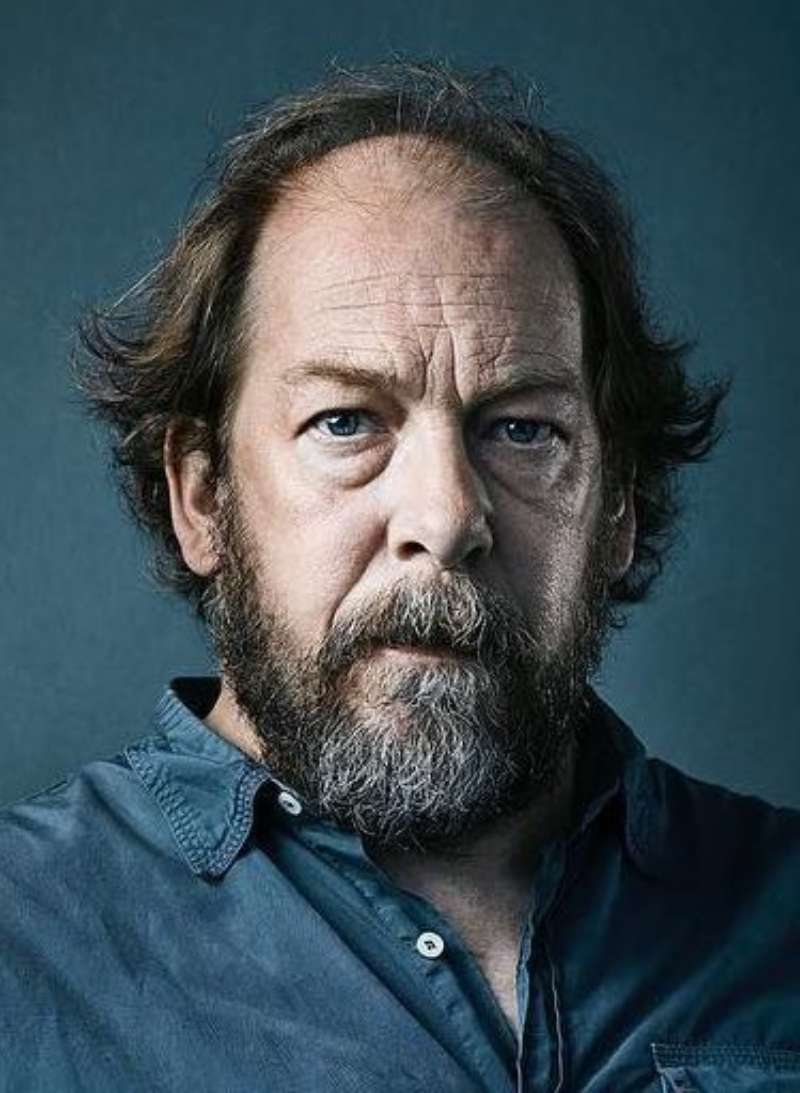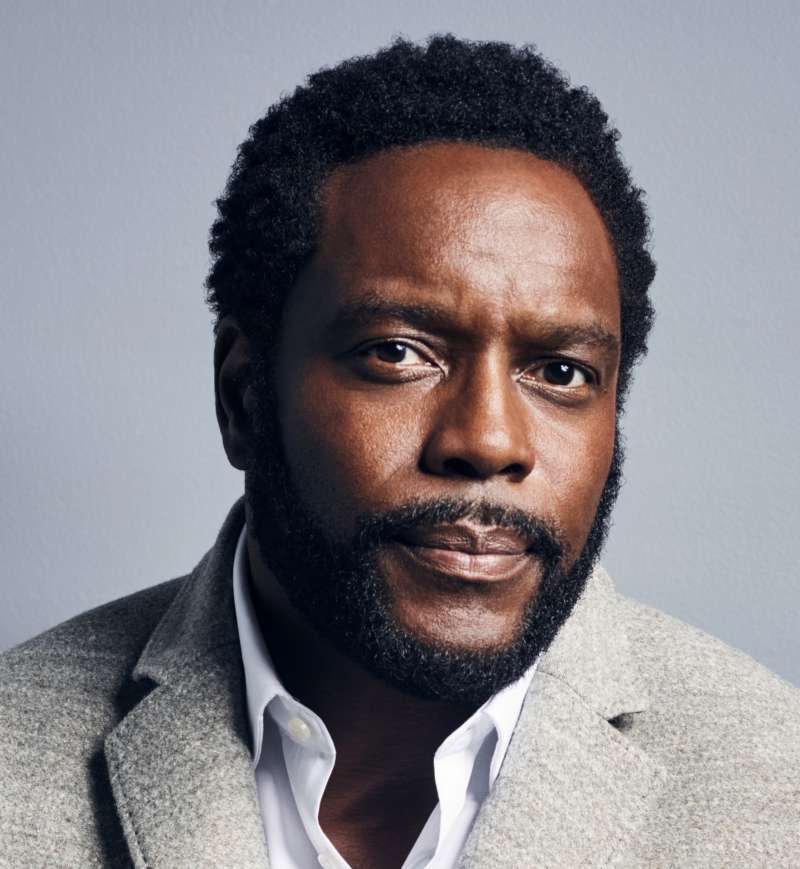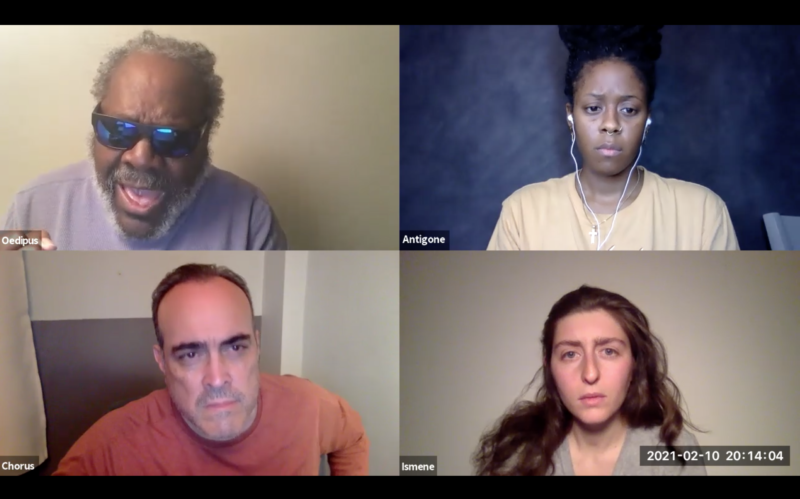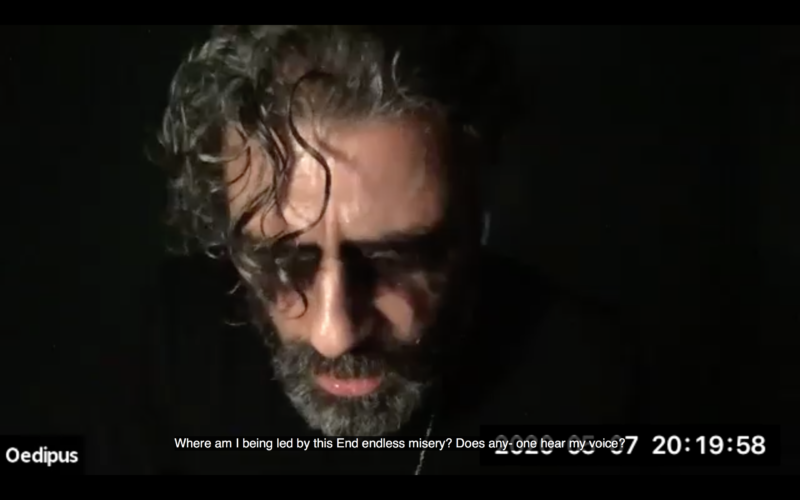Invitation Only
A REFUTATION - Johns Hopkins Hospital
This event has ended.
View upcoming events.
A REFUTATION presents dramatic readings by acclaimed actors of excerpts from two conflicting historic accounts of Philadelphia’s 1793 yellow fever epidemic as a catalyst for guided audience discussions about health inequities in America today, grounded in the perspectives of nurses, caregivers, and first responders.
Featuring pamphlets, letters, and rebuttals by Absalom Jones, Richard Allen, Matthew Carey, and Benjamin Rush, performed by Chad Coleman (The Wire, The Orville, The Walking Dead), Seth Gilliam (The Wire, The Walking Dead, Oz), Bill Camp (Presumed Innocent, 12 Years a Slave, The Queen’s Gambit), and Peter Marks (former Chief Theater Critic of the Washington Post).
A REFUTATION was developed with generous support from The Greenwall Foundation in celebration of its 75th anniversary.
Presented by Theater of War Productions, Union Memorial United Methodist Church, Ebenezer United Methodist Church – Capitol Hill, the JH Center for Medical Humanities and Social Medicine, the JH Program in Arts, Humanities, & Health, the JH Berman Institute of Bioethics, the Greater Baltimore Cultural Alliance, and the Resilient Nurses Initiative - Maryland.
Directed, adapted, and facilitated by Bryan Doerries.
All of Theater of War Productions' events follow the same format:
- The performers will read the texts.
- Community panelists will kick off the discussion with their gut responses to what resonated with them across time.
- We will open the discussion to the audience, facilitated by Bryan Doerries.
About the plays
-
A Narrative of the Proceedings of the Black People, During the Late Awful Calamity in Philadelphia, in the Year 1793, and A REFUTATION of Some Censures, Thrown upon Them in Some Late Publications by Absalom Jones (1746 – 1818) and Richard Allen (1760 – 1831)
A Narrative of the Proceedings of the Black People, During the Late Awful Calamity in Philadelphia, in the Year 1793, and A REFUTATION of Some Censures, Thrown upon Them in Some Late Publications, by Absalom Jones (1746 – 1818) and Richard Allen (1760 – 1831), highly distinguished civic and religious leaders from Philadelphia’s free Black community, was the first publication by Black authors to receive a federal copyright in the United States. Both men were born into slavery, purchased their freedom, and rose to become the important leaders in the nation’s largest free Black community. Jones was the nation’s first Black Episcopal priest, and Allen founded Bethel Church, the oldest African Methodist Episcopal congregation in the nation. Their pamphlet is the only depiction of the 1793 yellow fever epidemic that foregrounds the perspectives and experiences of Black people and the first known text to express Black community anger and directly challenge accusations and libelous statements by a white author. It had a print run of 250-500 copies.
-
A Short Account of the Malignant Fever, Lately Prevalent in Philadelphia, With a Statement of the Proceedings That Took Place on the Subject in Different Parts of the United States by Matthew Carey (1760 -1839)
A Short Account of the Malignant Fever, Lately Prevalent in Philadelphia, With a Statement of the Proceedings That Took Place on the Subject in Different Parts of the United States, by Matthew Carey (1760 -1839), an Irish immigrant and the nation’s most preeminent publisher at the time, was a runaway success. Roughly 10,000 copies of the pamphlet were sold in four editions over the span of two months. The pamphlet made distorted, racist claims about Black nurses, care givers, and first responders during the height of the epidemic, prompting Absalom Jones and Richard Allen to publish a rebuttal seven weeks after its first print run.
Cast Members
-

Seth Gilliam
-

Bill Camp
-

Chad Coleman
-

Peter Marks
Explore Projects
-
 RacismAntigone in Savannah
RacismAntigone in SavannahDramatic readings of Sophocles’ Antigone with live music to frame powerful dialogue about honoring the dead and healing historical wounds.
-
 HomelessnessThe Oedipus at Colonus Project
HomelessnessThe Oedipus at Colonus ProjectThe Oedipus at Colonus Project presents readings of scenes from Sophocles’ final play, Oedipus at Colonus, as catalyst for powerful, community-driven conversations about homelessness, the immigration and refugee crisis, and the challenges of eldercare during and after the pandemic.
-
 Pandemic & Climate CrisisThe Oedipus Project
Pandemic & Climate CrisisThe Oedipus ProjectThe Oedipus Project presents acclaimed actors reading scenes from Sophocles’ Oedipus the King as a catalyst for powerful, constructive, global conversations about the climate crisis, ecological disaster, environmental justice, and healing online conversations about the impact of the COVID-19 pandemic upon diverse communities throughout the world. Sophocles’ ancient play, first performed in 429 BC, just after the first wave of a plague that killed nearly one-third of the Athenian population, is a story of arrogant leadership, ignored prophecy, intergenerational curses, and a pestilence and ecological collapse that ravages the archaic city of Thebes. Seen through this lens, Oedipus the King appears to have been a powerful tool for helping Athenians communalize trauma and loss, while interrogating their own complicit role in the suffering, not just of those around them but of generations to come.